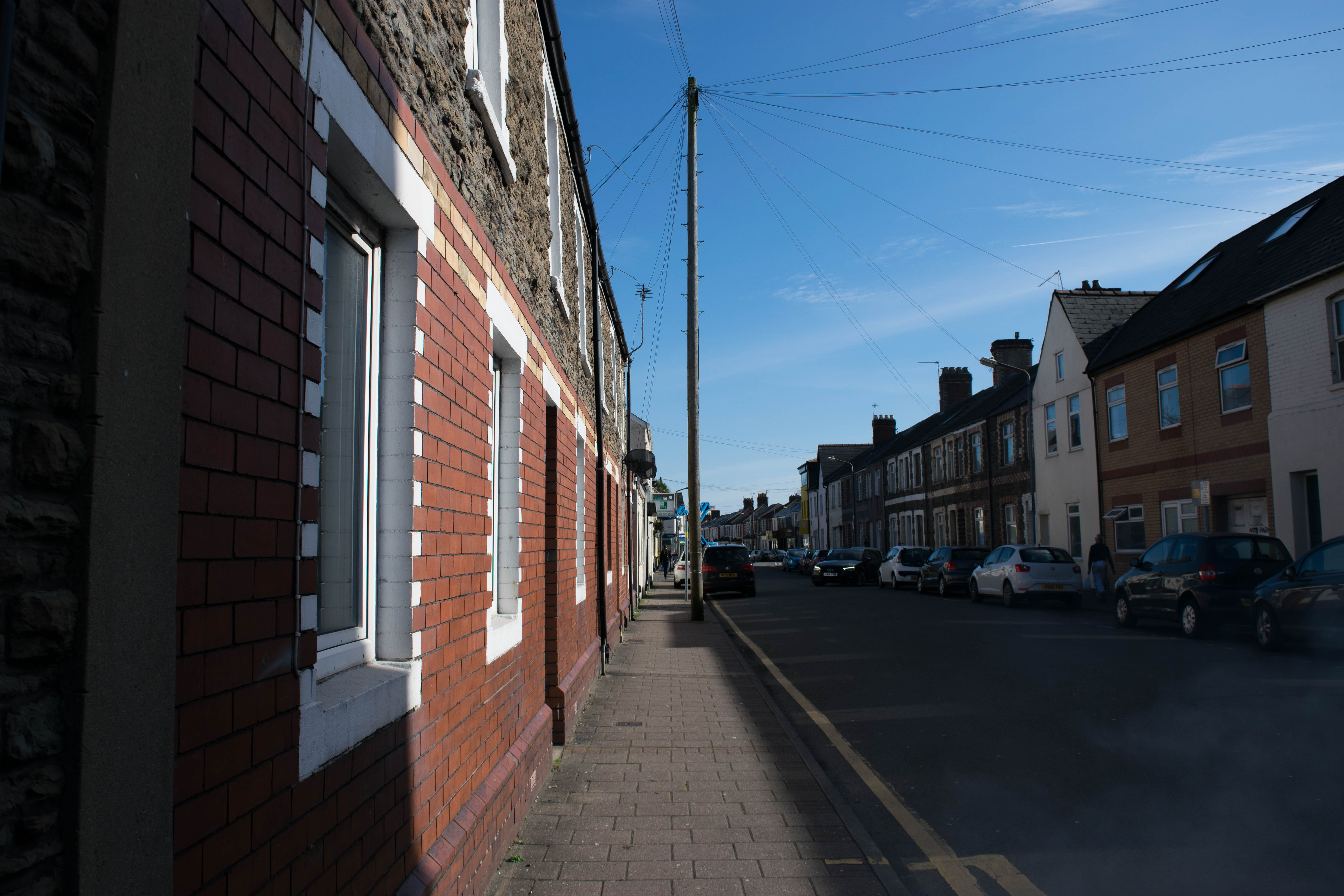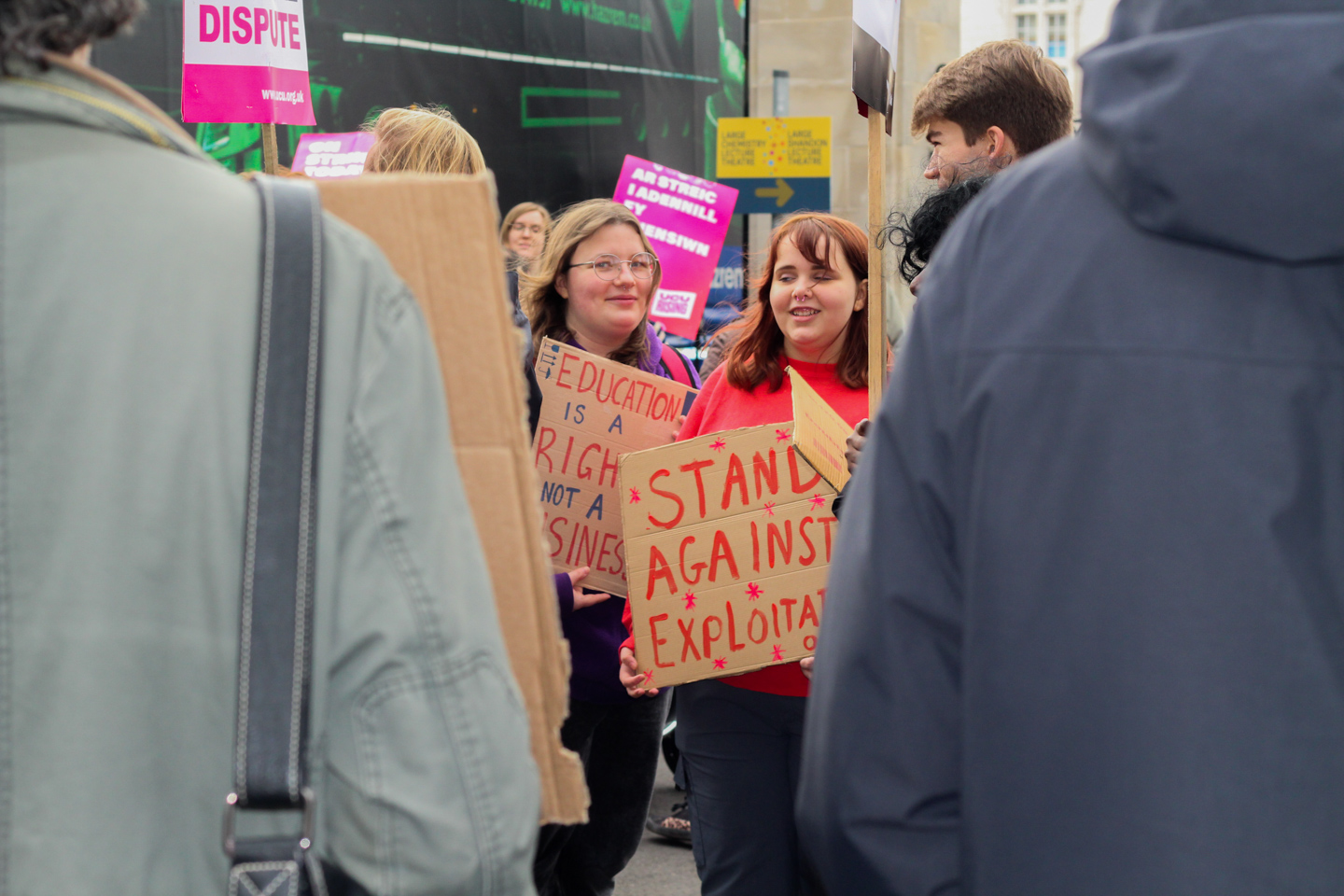
Only Benefitting A Minority – The Painful Reality Of The Housing Crisis In North Wales
Recently released statistics from the Bevan Foundation report reveal the extreme lack of support for Local Housing Allowance (LHA) benefit recipients in north Wales.
By George Mills Cover image by Veronika Merkova
LHA is the mechanism used to calculate how much housing benefit a person renting from the private sector whilst on Universal Credit is entitled to. At the time the report was released in February 2023, Gwynedd had just 10 properties available at LHA rates, and Conwy had only 1. No other local authority in north Wales had a single property available to rent at LHA rates.
The figures show the extent of the housing crisis in the area and the intolerable stress faced by all low-income households. Compounded by a lack of support, it is a situation that can easily lead people to homelessness and destitution.
But the problem goes beyond one region, as the report’s authors write:
“During the first two weeks of February, only 32 properties in Wales were available at or below LHA rates, just 1.2 per cent of properties advertised on the formal rental market’
‘The lack of available properties at LHA rates is therefore a problem that is not isolated to any specific geographic region of Wales, with significant challenges for low-income renters in all communities’
One of the report’s co-authors, Rob King, says that both the Welsh and UK government’s needed to urgently build more social housing.
“If you’re renting on the private market anywhere in Wales the risk of being forced to live in an unaffordable home is ridiculously high,” he said, “and its unsurprising this is all impacting wider concerns about health, wellbeing and work – all of these are built on the foundation of having a house to live in and not be terrified week-to-week of losing.”
Speaking to voice.wales about the issue, Plaid Cymru chair and Wrecsam councillor Marc Jones said that LHA was simply not working for people.
“The answers are simple – either we cap rents at a reasonable level, or we increase the LHA. My problem with the latter is that it puts more money directly into the pockets of landlords, who recognise that many households have no option but to pay exorbitant rents because they can’t get a mortgage or a council house,” he said.
Marc added that even houses that are deemed ‘affordable’ under government rules were in reality unaffordable.
In the north, one pressing issue with housing is a lack of central heating in many homes.
Data from the most recent national census shows that out of all the local authorities in Wales; ‘Gwynedd had the highest proportion of households with no central heating (3.2%, 2,000), at more than two times the average for Wales. This was followed by Ceredigion (2.6%, 800) and the Isle of Anglesey (2.3%, 700)’.
This means that approximately 3500 people across north-west and west Wales are in housing without central heating.
At the same time, private landlords continue to strengthen their grip on the market by buying up homes and charging extortionate rents. Such as the case of Aberllefenni in Gwynedd, where London-based Walsh Investment Properties bought all 16 houses in the village, handing some tenants eviction notices and raising rents by as much as 60%.
Second home ownership is also ever present and hotly opposed in north Wales, particularly in Gwynedd and Ynys Mon, where both house prices and rents have skyrocketed in recent years, in part due to second-home owners and investment companies buying up houses to use as holiday lets.
In response to the situation, Marc Jones will be hosting a public meeting in Wrecsam on May 23rd at the Lager Club.
He says the meeting is open to all and will be an opportunity for residents to voice concerns and discuss ways to tackle the housing issues in the local area.
Marc says that more social housing must be built to support the growing need for housing, and private landlords must be held in check to combat their ever-growing monopolisation of the market and free reign to increase rents to extortionate levels.
“There are currently 4,000 people on the council’s housing waiting list [in Wrecsam] and that has doubled in the past three years,” he says.
“That is the biggest issue, but the council is only planning to build fewer than 100 council homes in the coming years and the cost of private rented is soaring and houses for mortgage is beyond the reach of many.”
“The housing crisis is UK wide,” he adds. “But there is much more that could be done – a more ambitious programme of council house building to meet the demand as well as supporting community-led housing initiatives. There is also a need to ensure that rogue private landlords are policed to protect tenants.”
Marc says that there are many homes that are simply left empty when they could be used by the community to house those in need.
” For many years I have tried to get action from the council to bring some long-term empty properties in my ward (Grosvenor) back into use. It makes no sense to have so many people on the waiting list while these homes lie empty.”
Marc points out that Wrexham’s issue is not second homes but rent increases and overcrowding by big landlords, who benefit more than anyone from the current system.
“Housing inflation is …only benefitting that minority who own multiple properties. The rest of us don’t see any benefit.”



1 Comment
Comments are closed.